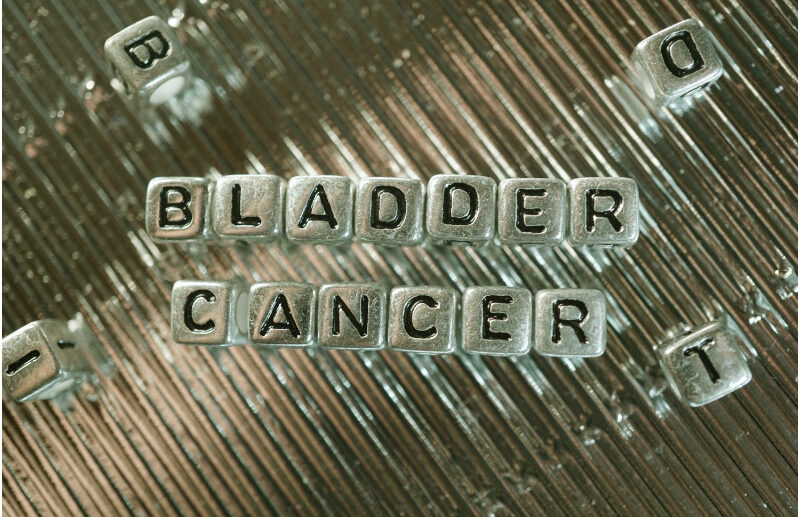Breast Cancer in Dogs

Breast (or mammary) cancer in dogs and cats is a cancer of the milk-producing glands. Breast cancer is most commonly seen in pets that are not spayed and/or have been spayed after two heat cycles. Cancer may occur in any of the 8-10 glands present along the chest and abdomen in dogs and cats. In dogs 50% of breast cancers are benign, and in cats, up to 90% of breast cancers are malignant.
Causes of breast cancer in dogs and cats
While genetics clearly play a role in cancer susceptibility in all pets, environmental factors, including cycling hormones in unspayed animals, as well as exposure to environmental and dietary toxins likely play a role. The inert ingredients in many pesticides also may be involved with the tendency of cancer development in sensitive pets.
- Breast (mammary) cancer is most commonly seen in unspayed female pets, and pets spayed after their second heat cycle.
- Treatment of breast cancer in pets is best done by surgical removal of the lump.
- In pets with more aggressive breast cancer, radical surgical mastectomies (removal of the entire chain of glands on one side) are needed.
- Breast cancer is benign in 50% of cases in dogs, while in cats up to 90% of breast cancers are malignant and often recur.
Symptoms of breast (mammary) cancer in dogs and cats
Benign growths may appear as single or multiple, well-defined breast nodules that are slow growing and typically not painful. Clinical signs of more malignant breast cancers may include rapid growth of one or more tumors, ulceration, and/or secondary inflammation and infection with frequent discharge and drainage. These types of cancers are often very painful and swollen, and may present as a surgical emergency because of the frequent presence of pus and ulceration.
Diagnosis of breast (mammary) cancer in pets
Presumptive diagnosis of breast cancer is made by the typical appearance of these cancers on physical exam. Blood CBC/chemistry and urine testing is recommended to assess for overall health and major organ function. Chest X-rays are often indicated at initial assessment to check for spread of cancer to the lungs. Since fine needle aspiration offers little diagnostic use in most cases, surgical tissue biopsy is the preferred way of definitive diagnosis of mammary cancer.
Treatment of breast (mammary) cancer in pets
Surgical removal of the tumor/s remains the cornerstone of treatment in most affected pets. For most benign mammary nodules, simple lumpectomy of these nodules is often curative. Depending on the size and number of mammary gland tumors, multiple or complete one-sided mastectomies may be needed. Adjacent lymph nodes may be aspirated to assess for cancer spread, however removal of draining lymph nodes is rarely indicated. In dogs, chemotherapy and/or radiation therapy is rarely indicated. However, in cats, chemotherapy with drugs such as Doxirubricin or Cyclophosphamide may be indicated, due to the aggressive, malignant nature of feline mammary cancer.
Prognosis for dogs and cats with breast (mammary) cancer
Prognosis for pets with breast cancer will depend on tumor size, whether ulceration and/or spread to lymph nodes and lungs has occurred, and the histological grade of the cancer on tissue biopsy. The cell types seen on biopsy will determine long-term treatment plans and prognosis.





